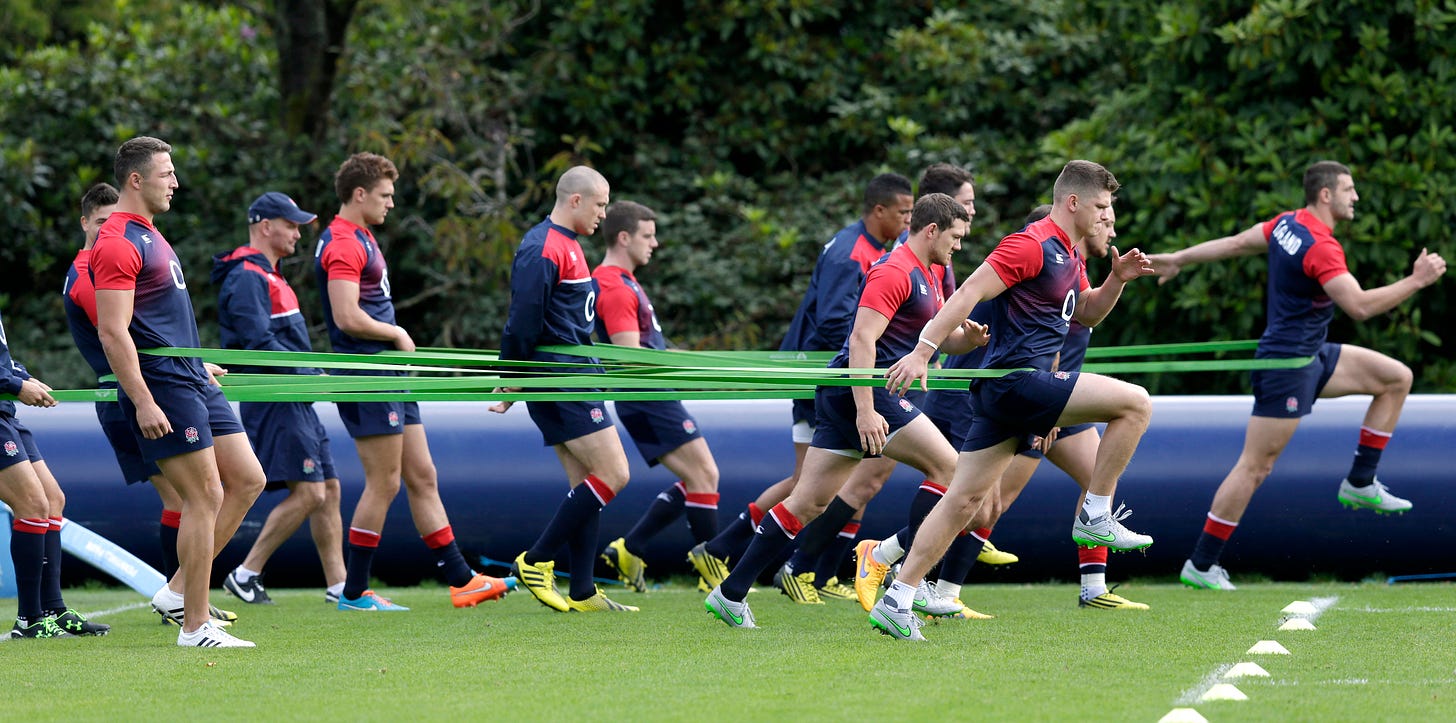Making the most of what you have
Great coaching doesn’t demand more gear – just more imagination, clarity, and connection with your players.
Grassroots rugby is built on passion, commitment and a love for the game.
But, for many volunteer coaches, it can also involve a lack of time, support and resources.
It’s easy to feel like you need more – more equipment, more help, more funding – to deliver top-quality coaching. But great coaching isn’t about what you have; it’s about how you use it.
There’s a common belief that better results come from better resources. If only we had tackle bags, speed ladders, and GPS trackers, we’d develop players like professional academies do.
The reality? Many top players first learned the game in their gardens, school fields and parks, with nothing more than a ball and a group of mates.
Success doesn’t come from flashy gear – it comes from engagement, simplicity and creativity.
Don't focus on what’s missing; ask what you want to achieve. You don’t need expensive equipment to improve agility or footwork – players develop best when reacting to unpredictable situations.
Instead of buying agility ladders, use small-sided games that force quick thinking and fast movement.
Static drills won’t prepare players for matches, so create game-like scenarios where they have to think, react and execute under pressure.
You don’t need tackle shields to teach defence – small 2v1 or 3v2 situations achieve the same outcomes.
A simple relay race with a ball is more effective than a structured fitness drill. Players thrive on such competition.
Don’t overcomplicate training. Games-based learning builds skills, while keeping players engaged. Even a small patch of grass can become a game scenario.
Instead of setting up drills with cones, modify game rules to encourage key skills, like restricting passing distances to encourage offloading.
The best tool a coach has is their voice. Encouragement, questioning and clear instructions are far more valuable than any equipment.
The best grassroots coaches adapt, improvise and make the most of what’s in front of them.
Next time you feel limited, focus on what you do have – players eager to learn, and an opportunity to help them grow. That’s what great coaching is all about.


